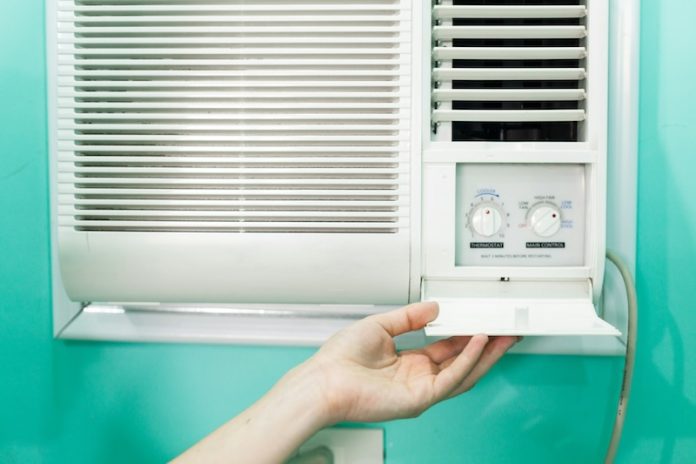
A recent study has revealed that the temperature inside a home can significantly impact the ability of older adults to concentrate, highlighting an important connection between indoor environments and mental well-being.
With global temperatures rising due to climate change, this research emphasizes the need to protect older adults from the effects of extreme indoor conditions.
The study was conducted by researchers at the Hinda and Arthur Marcus Institute for Aging Research, part of Hebrew SeniorLife, and Harvard Medical School. It focused on how temperature changes inside homes affect attention spans in people aged 65 and older.
The researchers monitored 47 older adults for a year, recording the temperatures in their homes and asking participants to report any difficulties they had concentrating. The results showed that participants struggled the least when their indoor temperatures stayed between 68–75°F (20–24°C).
However, when temperatures went above or below this range, attention difficulties became much more common. For every 7°F (4°C) increase or decrease from this ideal range, the likelihood of attention problems doubled.
This means that stable indoor temperatures are crucial for maintaining cognitive health in older adults. The findings suggest that even today’s climate conditions can pose risks, as many older adults already live in homes with temperature fluctuations that could harm their mental sharpness.
The study raises particular concerns for low-income households and underserved populations. These groups often face challenges like poor insulation or outdated heating and cooling systems, making it harder to maintain consistent indoor temperatures. This lack of access puts them at greater risk of cognitive decline caused by extreme heat or cold.
Dr. Amir Baniassadi, the study’s lead author, emphasized the broader implications: “As global temperatures rise, ensuring access to temperature-controlled environments will be crucial for protecting cognitive well-being.”
This research builds on earlier studies that have explored how sleep and cognitive function in older adults are influenced by environmental factors like temperature. It points to the urgent need for public health interventions to address these challenges. Potential solutions include:
- Improving housing policies to make homes more resilient to climate change.
- Expanding access to energy-efficient heating and cooling systems for low-income families.
- Encouraging the use of smart home technology that can automatically regulate indoor temperatures.
The findings also highlight the importance of raising public awareness about the link between indoor environments and cognitive health.
Experts like Dr. Lewis Lipsitz and Dr. Brad Manor, who contributed to the study, believe that addressing these risks will require collaboration among policymakers, healthcare providers, and communities.
This study serves as a reminder that the effects of climate change extend beyond physical health to include mental and cognitive well-being. Attention difficulties caused by temperature extremes may seem minor at first but can worsen over time, impacting overall quality of life for older adults.
By acting now, society can take steps to protect older generations from the cognitive risks associated with a changing climate. Ensuring that homes are equipped to maintain stable indoor temperatures could make a significant difference in the mental well-being of aging populations.
If you care about brain health, please read studies about vitamin D deficiency linked to Alzheimer’s and vascular dementia, and higher magnesium intake could help benefit brain health.
For more information about brain health, please see recent studies about antioxidants that could help reduce dementia risk, and coconut oil could help improve cognitive function in Alzheimer’s.
Copyright © 2025 Knowridge Science Report. All rights reserved.



